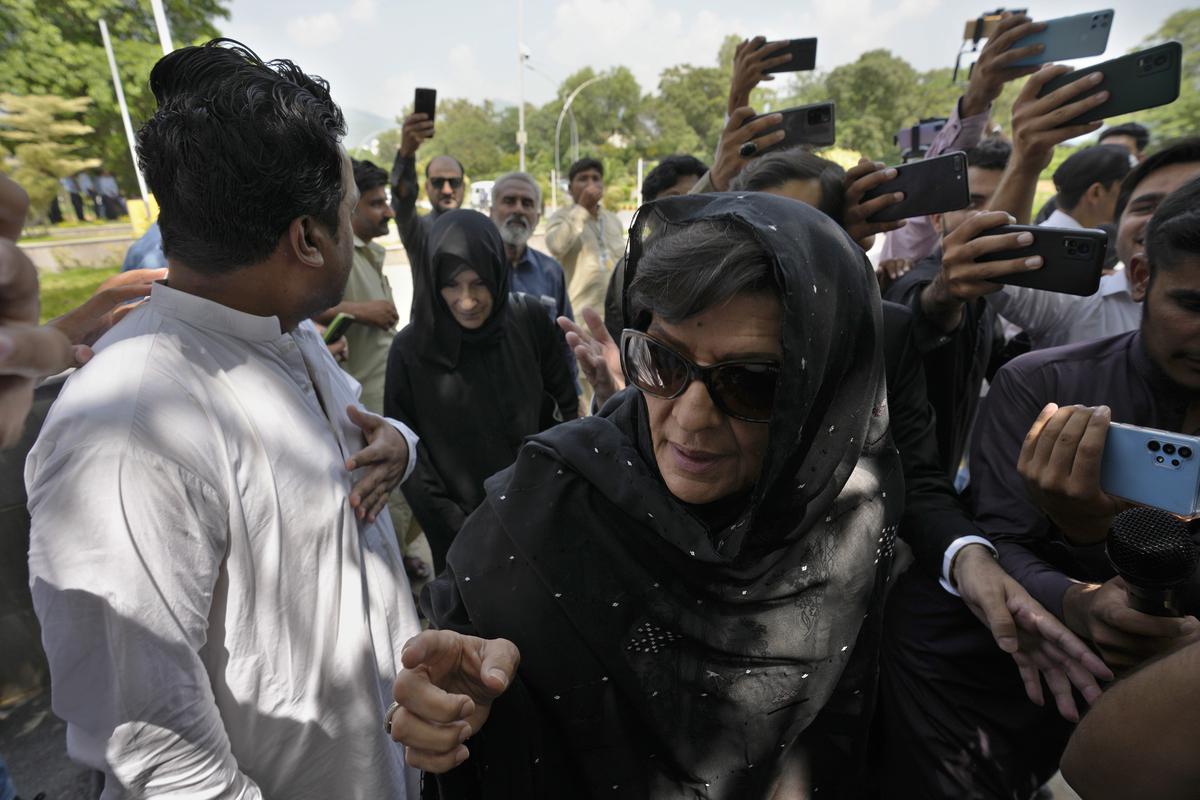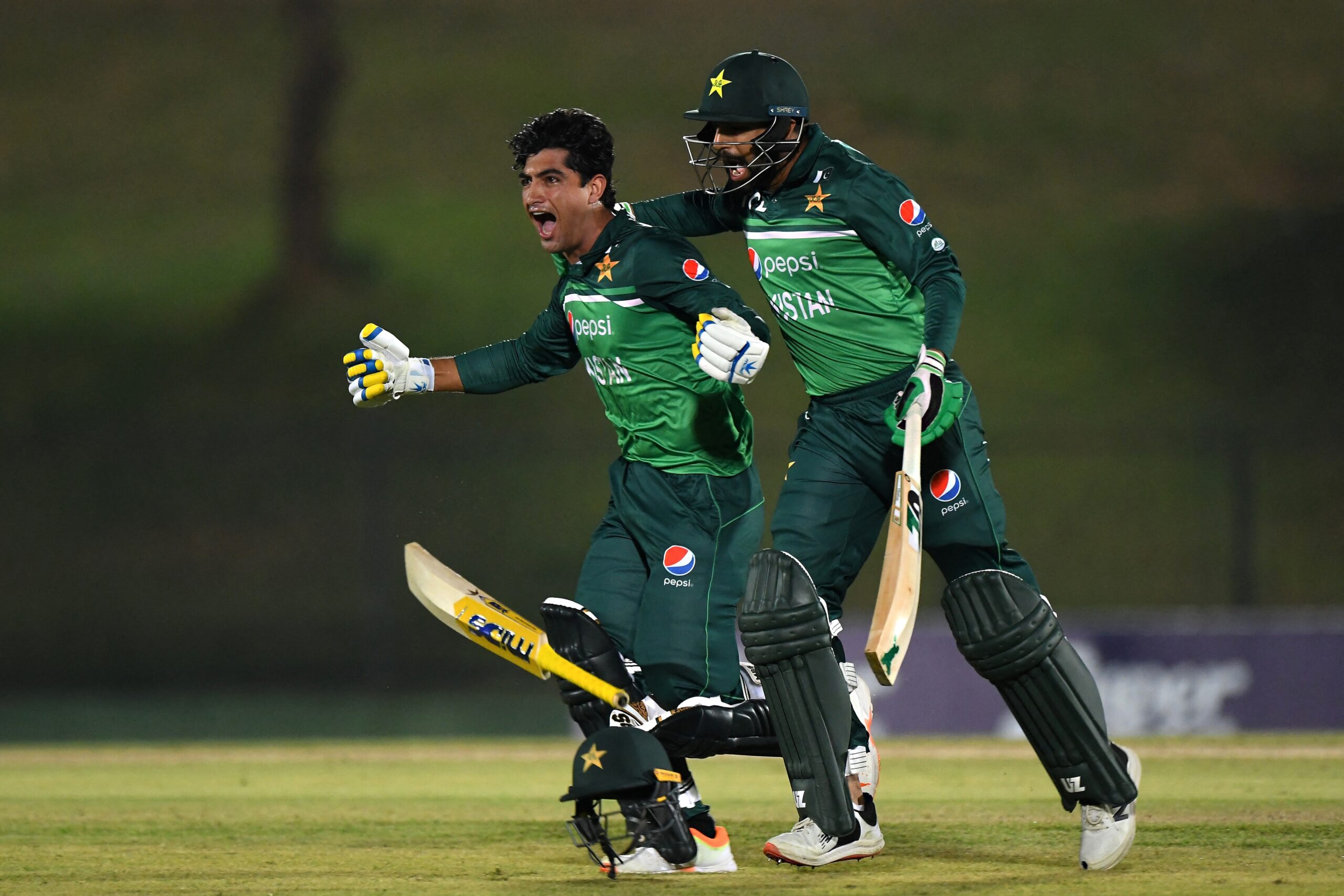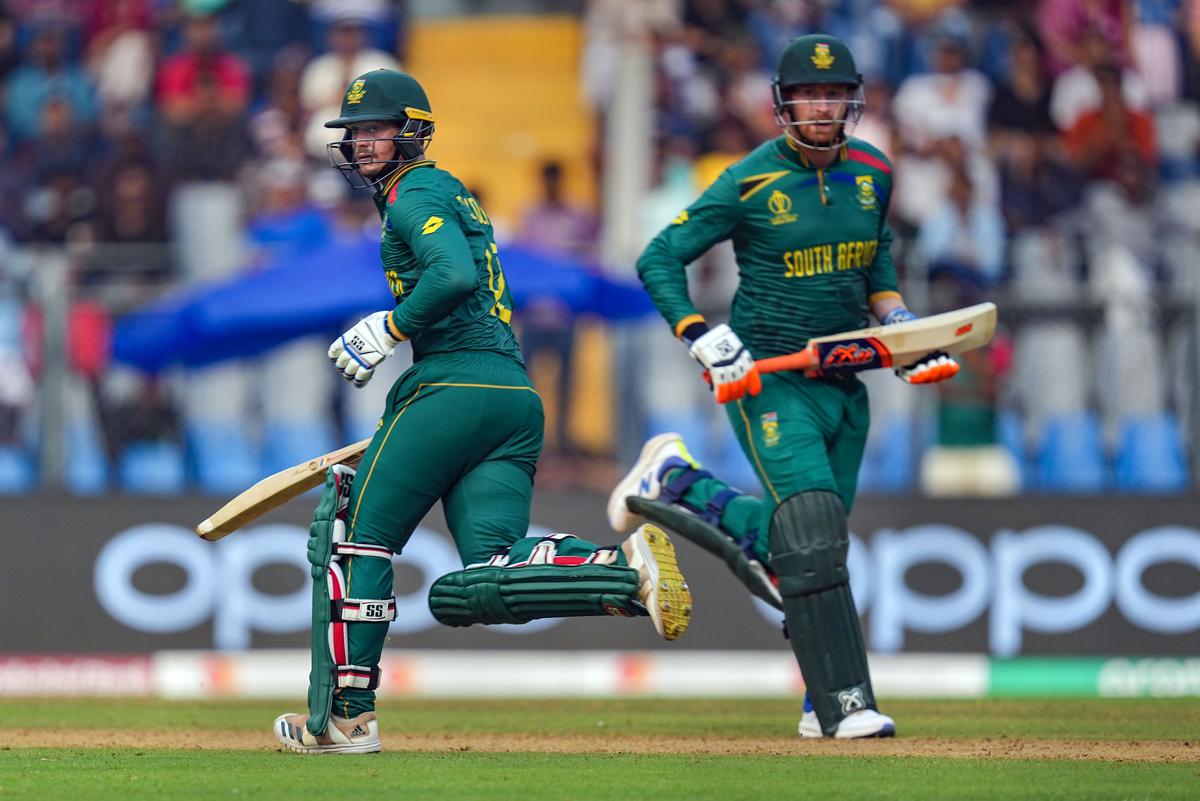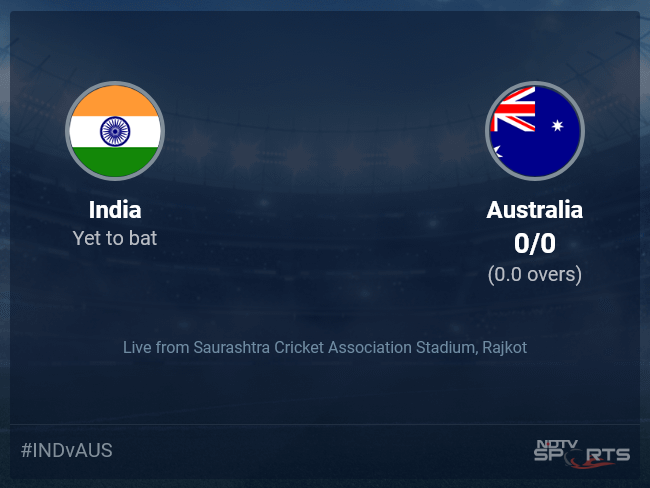A modern great, James Anderson plays his 188th and final Test at Lord’s from today. Behind that simple statement lies a philosophy reflecting a cultural divide between England and India. It also throws light on such hazy but important qualities as selfishness and sacrifice in sport. Asked by a reporter if he would like to carry on, Anderson said, “I’ve not really got a choice.” The farewell comes 22 years after his international debut.
Last year, Anderson was told this would be his final summer of cricket. He turns 42 later in the month, and some of the reluctance you can read above may be put down to his competitive nature and refusal to give up that is now part of his mental make-up and have been key elements in his success. It is difficult to switch off.
He is still bowling well, as he showed with seven for 35 for Lancashire against Nottinghamshire last week. In his previous Test, in Dharamsala, he became the first seamer to take 700 wickets.
All sporting goodbyes are laced with high emotion from players and fans alike. Tears are shed, heroics recalled, and fans recollect the many times their own lives have been bookmarked by a hero’s performance. Where were you when Sachin Tendulkar played his final Test?
Choose departure date
In India, favourites are generally allowed to choose the date of their departure. Seldom do selectors go up to a top player and say, “Listen, no more extensions after this series, we have to build a team for the future.” Greats have been carried by the team because there’s a landmark on the horizon or because they want to quit on their home ground. Thus was Kapil Dev allowed to carry on till he had overtaken Richard Hadlee’s then record of 431 Test wickets.
Tendulkar himself was allowed to play on till his 200th Test in Mumbai. In India such concessions are seen as the players’ due (although Virender Sehwag wasn’t given such an option). In some ways, Indian fans live their lives through and get their self-image from a Tendulkar, and to see him play and score is a great substitute for the fans not doing nearly as well in life. After all, only a minuscule percentage can claim to be the best at what they do; we identify easily with those who can make such a claim. Their success becomes ours.
It often means that sometimes an individual performance is seen as more important than its impact. When Tendulkar made his long-awaited 100th century, against Bangladesh in an ODI, India lost the match. It was one of his slowest centuries, but it didn’t matter. Individual selfishness had merged with a nation’s.
Selfish element
For, of course selfishness is an important element of greatness in sport, even if better understood in individual sport.
A top player consciously develops his selfish side in the team interest. Success at the highest level requires single-minded focus, the ability to do the job to the exclusion of everything else, and understanding one’s own importance to the team. This monk-like approach focuses on the self and on increasing the value of the self in the team context.
In the early years, such selfishness serves the team; later it serves the individual. Selfishness is one of the reasons for success; it is not something that can be turned on and off.
Recent research by sports scientists at Nottingham Trent University (NTU) has found that being self-centred, ruthless and manipulative helps elite athletes achieve glory. Things like selfishness that may be considered evil in social settings are important in sporting performance. Most elite sportsmen know this instinctively. They know they cannot rise to the top without putting themselves first, working on their game obsessively. For the team to do well, they have to do well.
There is support in England for Anderson to continue playing till he decides it is over. This is one occasion when what is good for the individual is not necessarily good for the team. Asking a long-serving servant of the game to pack up and leave might appear callous, but there is no disrespect here.
Great as the individual’s past was, it is the team’s future that needs to be considered.














